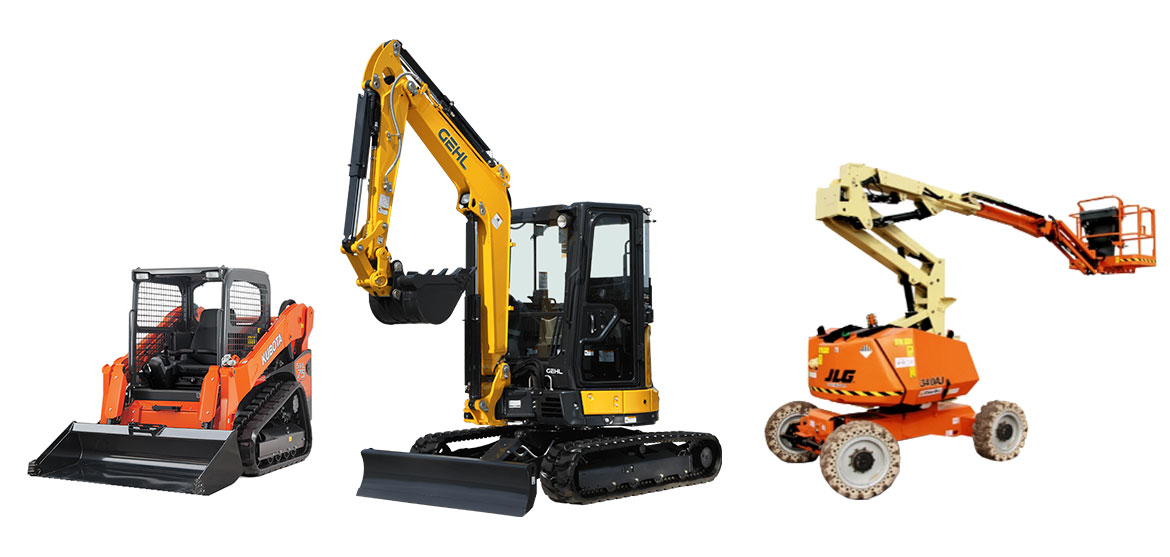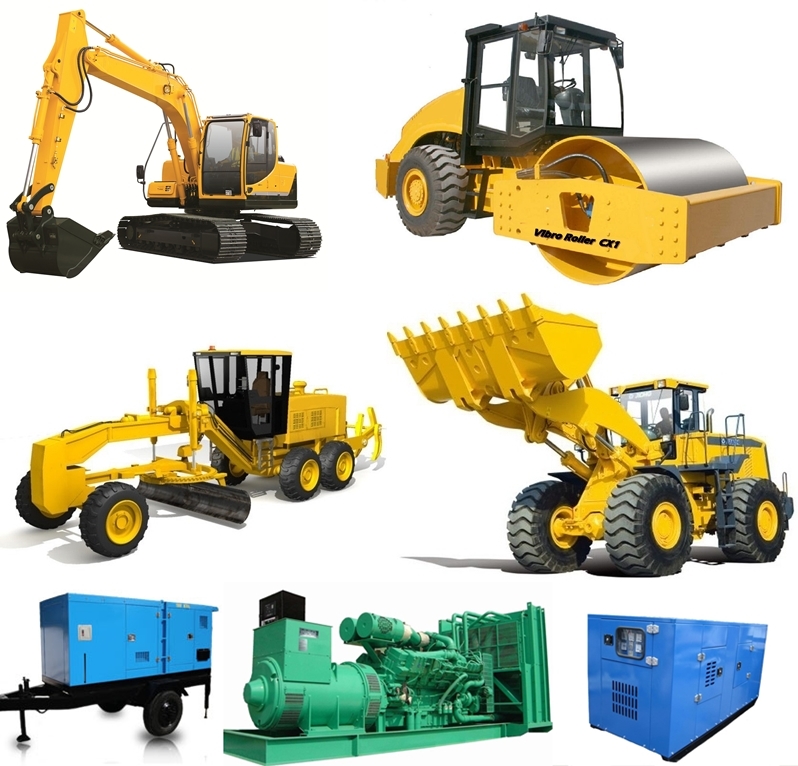Scissor Lift Rental: Safe and Efficient Lifting Solutions
Scissor Lift Rental: Safe and Efficient Lifting Solutions
Blog Article
How to Select the Right Building Tools Rentals to Satisfy Your Certain Demands
Picking the ideal construction devices leasings is an essential action that can substantially affect job efficiency and success. It needs a methodical analysis of job demands, devices abilities, rental terms, and logistical considerations. Each variable plays a critical duty in ensuring that the preferred devices straightens with details jobs and site conditions. The nuances of these examinations can commonly be ignored, leading to potential difficulties. Understanding how to navigate this process successfully might be the trick to maximizing resources and reducing expenses-- yet many contractors find themselves at a crossroads when making these essential choices.
Analyze Your Task Needs
Prior to picking construction equipment leasings, it is important to thoroughly analyze your project requirements to ensure that the right tools are utilized for optimum effectiveness and security. Begin by specifying the scope of your project, including the tasks to be finished and the timeline for completion. This fundamental understanding will certainly direct you in recognizing the specific equipment required.
Next, take into consideration the site conditions, such as surface, access, and the space readily available for maneuvering machinery. These variables directly affect the kind and dimension of devices that can be efficiently utilized. Additionally, examine the expected workload and manufacturing prices, as these metrics will certainly determine the tools's capability demands.
It is also critical to analyze any kind of governing or safety and security requirements that might put on your job. Conformity with these guidelines can influence devices selection and usage, impacting total task timelines and prices. Seek advice from with your task group and stakeholders to gather understandings and consensus on devices demands. By carefully taking into consideration these elements, you can make enlightened decisions that not only boost functional effectiveness but also advertise a safe functioning setting.
Evaluate Equipment Capabilities
Just how do you identify whether the devices meets your job's needs? Begin by evaluating the specific tasks required for your job and match these with the capabilities of the equipment offered for rent. Consider the devices's dimension, capacity, and power, in addition to its functional attributes. If you need to raise heavy products, ensure the training capacity of the equipment lines up with your needs.

Last but not least, consider the most up to date technical improvements that may boost productivity. Functions such as general practitioner tracking, gas efficiency, and operator-friendly controls can substantially impact project execution. By completely evaluating equipment capabilities versus your job requirements, you can guarantee that you pick the ideal equipment that not just satisfies yet exceeds your operational needs, eventually contributing to the success of your construction project.
Understand Rental Terms
Understanding rental terms is critical for making sure a effective and smooth tools rental experience. Familiarizing yourself with the details regards to a rental arrangement can stop misconceptions and prospective disputes. Key parts to think about consist of the duration of the rental, payment terms, and any type of involved fees.
Usually, rental periods are defined in everyday, weekly, or regular monthly terms, and recognizing these periods is important for budgeting. Additionally, payment terms may vary in between business, including deposits, late repayment charges, and approved settlement methods.
It's likewise essential to make clear obligations for maintenance and problems. Some rental agreements may stipulate that the tenant is responsible for regular upkeep and any kind of repair work that occur during the rental period. Recognizing the problems relating to damages or burglary is vital; ask about insurance alternatives and responsibility coverage to secure your rate of interests.
Think About Transportation Logistics
Transportation logistics play a crucial duty in the effective service of construction devices. Appropriate preparation and implementation of transport strategies can considerably influence the performance and performance of your building and construction task. Prior to completing equipment rentals, assess the area of your task site and the ease of access of transportation look at here now courses.
Take into consideration the distance in between the rental service provider and your site, as longer distances can lead to raised transportation expenses and delays - scissor lift rental. Evaluate the weight and measurements of the equipment to guarantee it can be safely moved on available roadways and framework

Bear in mind regional guidelines relating to transportation licenses and routes, as these can affect the logistics of moving heavy machinery (aerial lift rental). By proactively dealing with these considerations, you can minimize possible disruptions and guarantee that the best tools is provided on schedule, promoting a much more reliable building and construction procedure
Contrast Rental Costs and Suppliers
When evaluating building equipment services, it is important to compare service providers and prices to guarantee you safeguard the most effective value for your job. Beginning by collecting quotes from several rental read what he said companies to develop a baseline for prices. Know that expenses can differ significantly based on variables such as tools type, rental duration, and extra services provided.
Next, consider the credibility and reliability of each copyright. Seek client evaluations and testimonials to evaluate their solution quality. A company with a strong record might warrant a greater rental expense because of remarkable tools upkeep and consumer support.
Additionally, assess the terms of the rental agreements. Some suppliers might offer versatile rental choices, such as daily, once a week, or month-to-month prices, which can be advantageous depending on your project timeline. Pay interest to extra costs, such as shipment charges and insurance costs, which can impact the total rental rate.
Conclusion

Choosing the proper building and construction equipment services is an essential action that can significantly influence task performance and success.Before picking building and construction equipment services, it is essential to thoroughly evaluate your job needs to make sure that the right devices are used for optimal efficiency and safety and security.Understanding rental terms is essential for guaranteeing a smooth and successful tools rental experience.When reviewing building tools services, it is crucial to compare companies and prices to guarantee you safeguard the best worth for your task.Picking the proper building devices rentals demands a comprehensive assessment of project demands, equipment capacities, rental terms, transportation logistics, and comparative costs.
Report this page